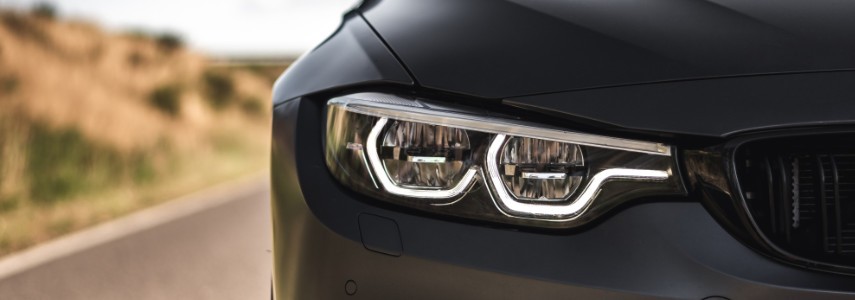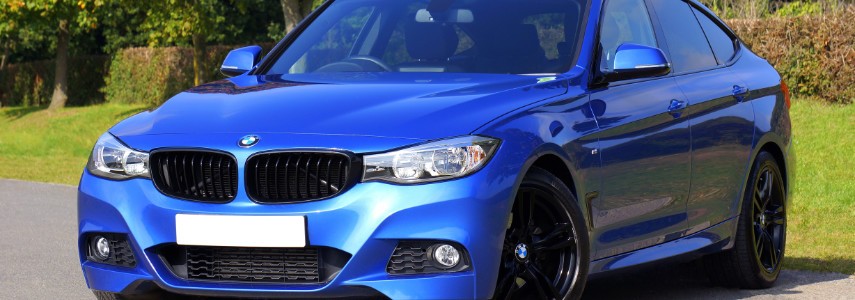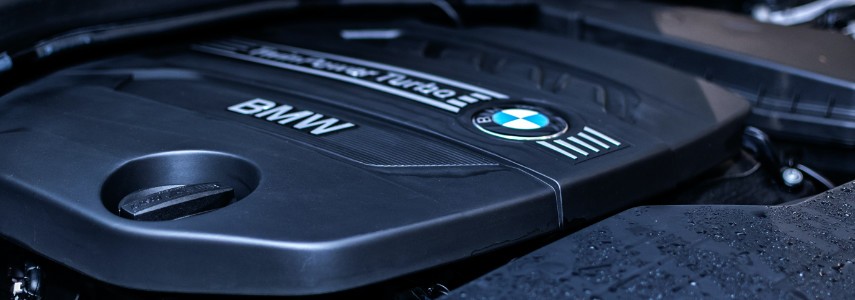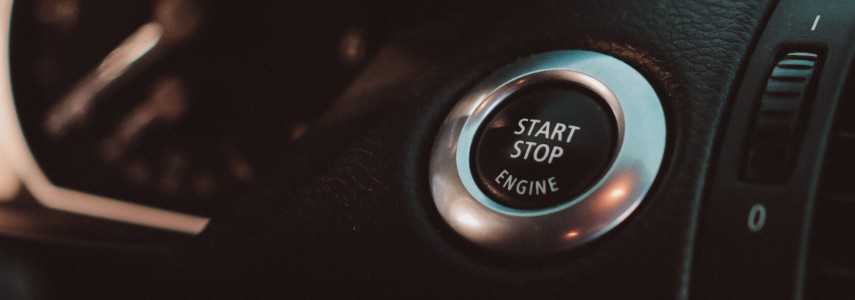

We're always happy to see a modern 3 Series roll into our tuning HQ. These fantastic cars are well-built and incredibly tunable - with plenty of untapped potential. They give us a welcome opportunity to push the envelope in terms of general performance (torque/horsepower) and there's plenty we can do to improve the driving dynamics too.

But it can be hard to get to grips with the intricacies of remapping a BMW 3 Series. Most specialists are notoriously tight-lipped about their methods and it can be challenging to find honest and open information about the remapping process.
To help you out, we've decided to shine a light on our own experience with 6th and 7th generation variants of the vaunted 3 Series - so that you know why we love to tune these brilliant cars, and what you should expect when you ask us to remap your pride and joy.
Before we dive into the detail, we thought it'd be sensible to give a brief overview of the BMW 3 Series lineup. The 3 Series has long been BMW's most popular car - it has a long and storied history, and it's often the benchmark against which all other compact executive saloons are measured.
As enthusiasts will know, petrol models used to be powered by naturally-aspirated M54/N52 engines. These engines were brilliant in their own right, providing a level of control and performance that most brands would still struggle to replicate. But they did have limited potential for tuning.

Without getting too technical, this is because the maximum horsepower an engine can generate is fundamentally dependent on the amount of air the engine can ingest. In naturally aspirated engines, airflow is determined by atmospheric pressure and there's no (easy) way to force more air into the engine.
We can (and do) tweak things like ignition timing to generate measurable increases in performance. But the overall potential of these engines is much lower than the potential of a modern, turbo-charged engine.
Fortunately, the 6th and 7th generations of the BMW 3 Series are all powered by 4- or 6-cylinder turbocharged Nx/Bx engines. When writing maps for these engines, we can simply call for more air when it's needed - allowing us to improve the efficiency of the combustion process, and enabling us to extract more power from your engine.
Even low(er)-power models like the 316i or the 316d can be remapped to provide upwards of 190hp and 400nm of torque, which is more than enough for daily driving.
When tuning a car like the BMW 3 Series, the engine is often the most important part of the equation. But there are other factors that have a significant impact on the remapping process.

The quality of your car's ECU or electronic control unit is one such factor. Certain makes and models of ECU have poorly-designed software that's challenging to navigate and difficult to work with. With over ten years of hands-on experience, our technicians are still more than capable of remapping these ECUs. But it's a time-consuming and intricate process.
As you can probably imagine, we generally prefer to work with well-engineered ECUs that are easy to navigate and a pleasure to remap.
Fortunately, F30 and G30 variants of the 3 Series all use cutting-edge Bosch engine control units that are relatively easy to work with, which is one of the many reasons we're always happy to see a modern BMW 3 Series in our tuning HQ
The overall reliability of the cars is noteworthy too. As you'd probably expect, BMW 3 Series are always well-built and reliable, with high-quality components that we can rely on to perform well, which means that we can push them a little bit harder - and means that they're generally more pleasant to work on.
It's also worth noting that BMW factory detune a lot of modern 3 Series variants. This isn't unusual: Most manufacturers now detune the mid-power to low-power models in a range for strategic reasons. Namely that it's easier to market a series when there's a clear and logical progression through the lineup - with both power and available features increasing in line with the price point.
BMW also needs to ensure that the 3 Series work in a range of different conditions. Every variant has to perform equally well in temperate, western climates, arid regions, tropical locales and countries where there's no infrastructure for regular or reliable servicing, which means that they do sometimes err on the side of caution when it comes to tuning their cars.
This cautious approach means that there's plenty of untapped potential for us to unlock via the intricacies of the remapping process.

The popularity of the modern 3 Series also works in your favour. Simply put, these cars are so ubiquitous that a thriving market for aftermarket parts has grown up around them, and it's now very easy to get hold of the high-quality components needed to implement a stage 2 or stage 3 remap on most 3 Series variants.
But if we're being completely honest, the main reason that we love remapping the 3 Series is much more straightforward - it is, in all its incarnations - an incredible car and as die-hard enthusiasts, we always relish the opportunity to work on fantastic vehicles.
If you're considering a 3 Series remap, head over to our BMW tuning page to find out what sort of improvements you can expect. And if you'd rather talk to us about remapping your BMW 3 Series, we're always more than happy to answer any questions. Just contact us using the form on this page, and a member of the Avon Tuning team will be in touch.
BY James Pearson
